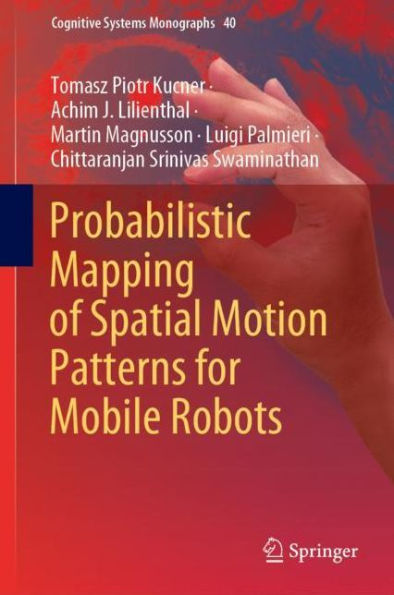Home
Wayfinding Behavior: Cognitive Mapping and Other Spatial Processes



Wayfinding Behavior: Cognitive Mapping and Other Spatial Processes
Current price: $107.00
Loading Inventory...
Size: Hardcover
In
Reginald Golledge brings together a distinguished group of scholars to offer a unique and comprehensive survey of current research in these diverse fields. Among the common themes they discover is the psychologists' "black box"approach, in which the internal mechanisms of spatial perception and route planning are modeled or constructed, like metaphors, based on the behavioral evidence. Cognitive neuroscientists, on the other hand, have attempted to discover the neurocognitive basis for spatial behavior. (They have shown, for example, that damage in the hippocampus system invariably impairs the ability of animals and humans to learn about, remember, and navigate through environments, and studies in humans show that neurons in this system code for location, direction, and distance, thereby providing the elements needed for a mapping system.) Artificial intelligence and robotics theorists attempt to construct intelligent mapping systems using computer technology. In these areas, there is growing evidence that, as in human wayfinding processes, useful representations cannot be achieved without sacrificing completeness and precision.
offers not only state-of-the-art knowledge about "wayfinding, "but also represents a point of departure for future interdisciplinary studies. "The more we know," concludes volume editor Reginald Golledge, "about how humans or other species can navigate, wayfind, sense, record and use spatial information, the more effective will be the building of future guidance systems, and the more natural it will be for human beings to understand and control those systems."











